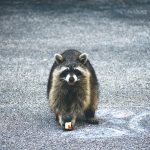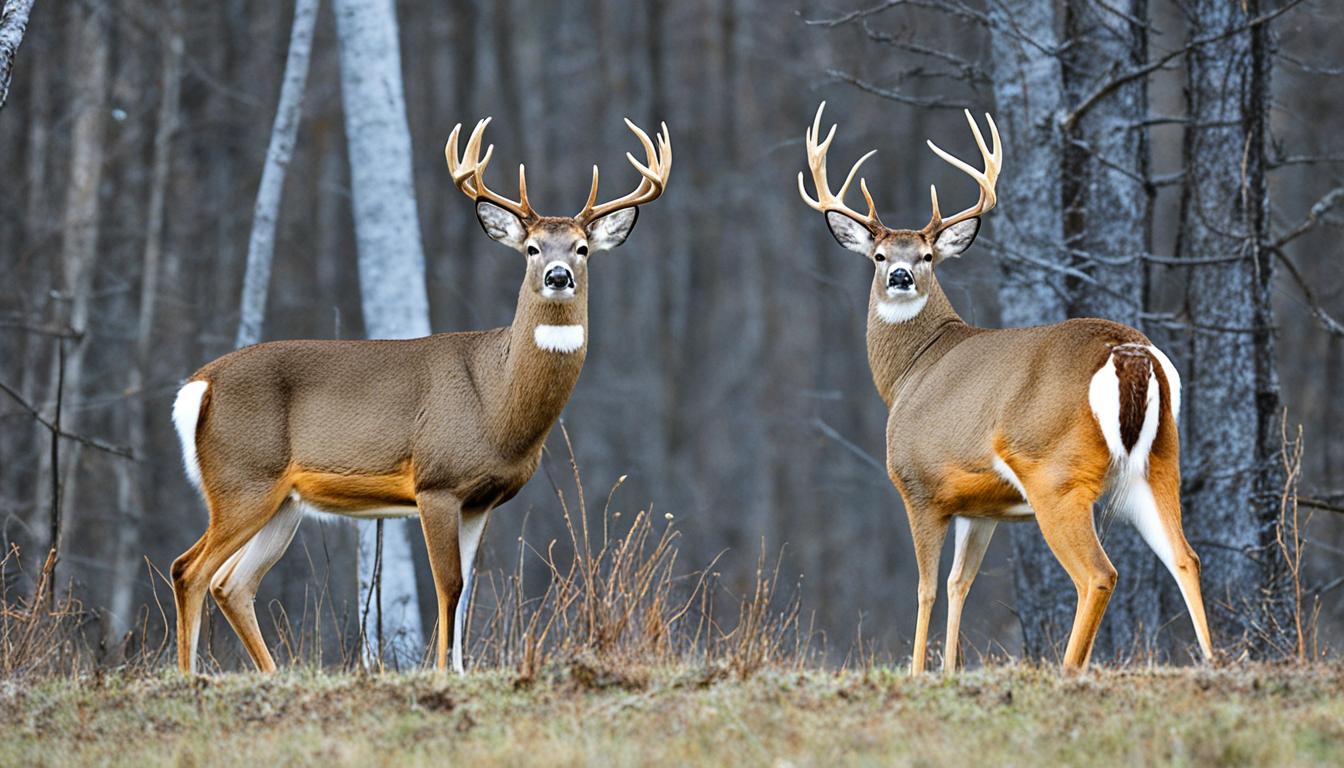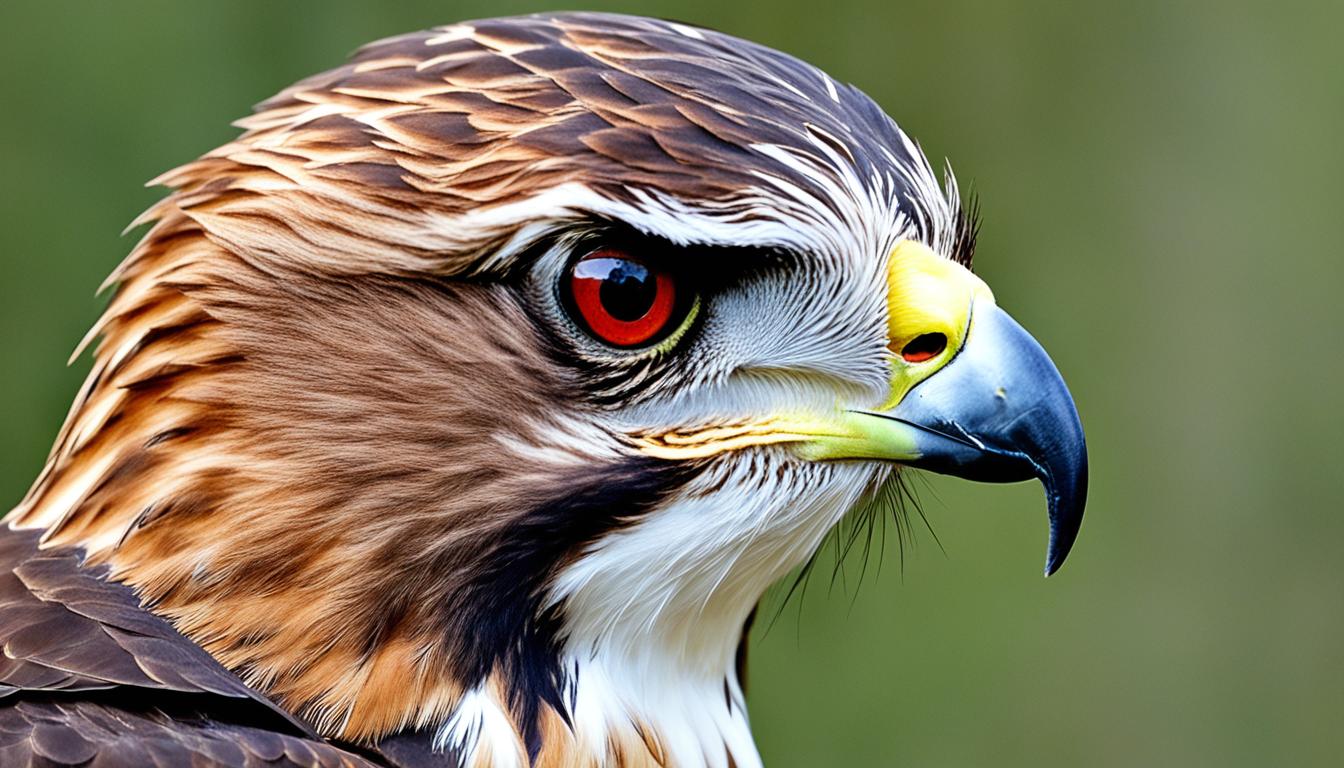Raccoons are vocal animals and screaming is one of their many noises. It’s usually heard when a raccoon is in distress – like in a fight, scared or cornered.
Why Do Raccoons Scream At Night?
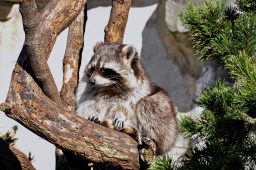
Raccoons are not one to be quiet – stealth is not their strong point. They just do what they want to do and then deal with the consequences after.
So, if they find some food and get into a fight with another raccoon who got their first – there will be some screaming for sure. Raccoons use many vocalizations throughout their day – some 200 different ones have been recorded. Some might say they are very human-like in the range of sounds and noises they use to convey their emotional feeling. They don’t just make these noises between their own species either – so these sounds are just expressions of what they are thinking right then.
The reason you mainly hear these noises at night is that raccoons are nocturnal. Being nocturnal means that during the day raccoons are normally asleep in a tree or in an underground den somewhere – nice and quiet. Only if they are disturbed, sick or very hungry – will you find them out during the daytime. That doesn’t mean they won’t ‘learn’ to be awake during the day – if that is when they can get the most food!
What Noises Do Raccoons Make?

Although raccoons are normally very quiet when they are on their own, they start to make all sorts of noises when together. From chirps, barks, grunts, and screams – they have quite a lot to say.
Barking – they usually make this noise when they are scared or wary of something. Often heard when they are investigating new places or buildings, like a self-confidence thing. And getting trapped in something can often trigger the barking – like a help call. Similarly, cubs often bark when they get separated from their moms for too long.
Chattering – this sound is the general sound that raccoons make when they are socialising around a food source or something that attracts them all together in the same place. This sound is often added to a soundtrack in a movie when the naughty raccoon comes to investigate the electrical wire of the main characters house…
Hissing & Growling – as you would imagine – raccoons only really hiss as a defensive measure. By hissing, showing their teeth, growling and thrashing out with their front feet – they can appear ‘dangerous’. These combined actions can be enough to send a potential attacker running.
Purring – always done in the den or when mom is feeding or interacting with her pups – this is a friendly sound indeed. Not often heard by the public – this is a family bonding noise and shows contentment.
Screeching – similarly to screaming – screeching, squealing and screaming are all sounds made by a very scared raccoon indeed. It is a combined panic and attack sound at the same time. It can certainly put off some predators having something make enough noise to attract attention.
What Should I Do if I Hear a Raccoon Screaming on My Property?
If you hear a raccoon screaming on your property, it is crucial to prioritize your safety and not resort to killing raccoons on your property. Raccoons may scream due to various reasons like territorial disputes, mating calls, or distress. Instead, contact local wildlife authorities or pest control professionals who can safely and humanely handle the situation.
Why Are Raccoons Nocturnal?
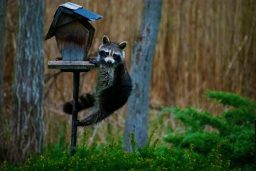
The reason raccoons are nocturnal is because you can’t see them! Over generations – those raccoons who fed at night and/or out of the way of humans and other predators ate the most food and lived the longest – thereby creating the most offspring.
There are so many people asking how to get rid of raccoons after waking up to the devastation of a garbage raid or chicken coop carnage – that can you imagine what would happen to them if they tried their naughty tricks in broad daylight? A garbage-raiding raccoon who came round your house during the day and right there in front of you set about their thievery would get your back up real fast. You would surely put a stop to it as quick as you could – and they would go hungry.
A raccoon that can’t eat food (before being chased away) ain’t going to do too well in the winter – and it certainly won’t win itself a mate for the season. So – as they are very intelligent – they have figured out how to attack in the dark. Can you blame them?
They will still come out to feed in the daytime if there is a good source of food – and they know it is a sound bet. Who wouldn’t? If the benefits of something far outweigh the negatives – we would all do it. So, when there is a tasty harvest, an insect bonanza or a fruiting tree – you may find raccoons about all hours of the day feasting.



